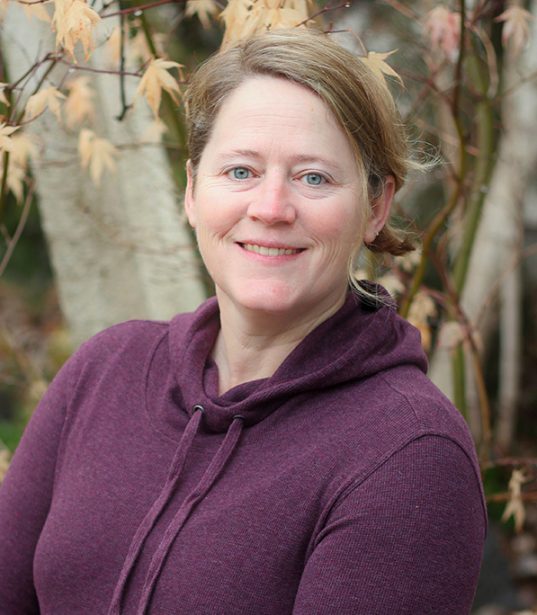Rachel Cook, Ph.D.
Program Manager - Large Ungulate EcologyLocation: Independent – La Grande, OR
Background
Dr. Cook is a large ungulate ecologist whose primary research interests are linking plant communities and ungulate foraging responses to individual and population performance. These linkages provide the mechanism by which to link habitat conditions, and habitat change, to the performance of ungulate populations. Ungulate species of past and current research primarily include Rocky Mountain and Roosevelt elk, Shiras moose, mule deer and, in Canada, woodland caribou. Dr. Cook worked to develop strategies that integrate findings from captive-animal research of physiology, nutrition, and bioenergetics with wild-animal field research in ways that capitalize on the strengths of both. Captive studies involved the largest herd of tame elk in the world in the 1990s and 2000s and, more recently, tame caribou that were used in British Columbia and Ontario. These studies were combined with wild-animal studies across most of the western states (elk) and in British Columbia, the Northwest Territories, and Ontario (caribou). To date, Dr. Cook has collected body condition, lactation and pregnancy data on >5500 wild ungulates and recorded >3 million bites (of vegetation) from tame elk, mule deer, and caribou.
Qualifications
PhD. in Natural Resource Sciences, Washington State University
M.S. in Wildlife Resources, University of Idaho
B.S. in Animal Sciences, University of Kentucky
Research capabilities and/or focus areas
Foraging ecology of large ungulates; modeling habitat-ungulate interactions; assessing nutritional limitations in free-ranging ungulate herds; evaluating the accuracy and applicability of surrogate techniques used to measure nutrition
Awards and Career Highlights
- Wildlife Society’s Outstanding Service Award (2012)
- Research and Development Deputy Chief’s Excellence in Science and Technology Honor Award; PNW Research Station (2012)
- Co-author of the Nutrition Chapter in the 2019 edition of Wildlife Techniques Manual

